The classic rule of show business is to always leave your audience wanting more, and nowhere is that more important than in the realm of comedy. Slightly less well known is this: never go in against a Sicilian when death is on the line. No wait— that's not right. Come out swinging. That's the second rule: come out swinging. Any stand-up comedian will tell you that while you want to leave on a high note, it's the first words out of your mouth inform the entire rest of your show. Give a great first impression, and the rest of your set only has to do half the work to keep your audience laughing. The same principle applies to movies. Crest that peak of humor in the beginning, and from there, the rest of the movie just has to keep up the altitude.
These are the funniest opening scenes in Hollywood comedies.
15 Anchorman
Anchorman: The Legend of Ron Burgundy came at the height of Will Ferrell fever. Opening with a montage of silly vocal warmups and improvised scenarios from behind his news desk, giving us insight into a smug, misogynist, functionally alcoholic news celebrity. The movie arrived at the heels of his immensely popular run on SNL, and was only his second starring role, after Elf. Thanks to a healthy marketing campaign, many of those clips appeared in the first trailer for the movie, including his infamous ode to scotch.
"I love scotch. I love scotch. Scotchy, scotch, scotch. Here it goes down. Down into my belly. Mm mm mm."
The character would, as the movie title suggests, go on to become legendary. It spawned a sequel over a decade later, public appearances in character, and even a music video for the main foursome's performance of the song Afternoon Delight. The character became defined by his relationship to the 70s and non sequitur observations, almost as though Burgundy himself lived in his own private little world (with three of his funniest friends, of course). It's the sort of thing you would never buy unless it was sold by Will Ferrell.
14 Napoleon Dynamite
The ingenious opening credits of Napoleon Dynamite, apropos of nothing having to do with the story, spells out names and titles in condiments over standard American school lunches and TV dinners. It's so perfectly daffy, it kind of makes you wonder how no one ever thought of it before.
There's a lot of meaning that could be extrapolated. In viewing the picture as a whole, the credits are symbolic of the ephemeral American cultural palate, in which media is thoughtlessly consumed like so many three dollar frozen hamburger patties. Or it's just a fun, creative way to do the titles. Either way, it's the perfect appetizer to the film itself, in which you find yourself giggling without even really understanding why.
13 Get Shorty
Author Elmore Leonard, who was first published in the 1950s, had a cinematic renaissance in the '90s. His books and short stories were adapted into films by Steven Soderburgh (Out of Sight), Quentin Tarantino (Jackie Brown, originally titled Rum Punch), and by Barry Sonnenfeld for Get Shorty.
John Travolta, fresh off his own professional second wind with an Oscar nomination for Pulp Fiction, plays Chili Palmer, a Brooklyn Shylock stationed in Miami. Within the first ten minutes, his cucumber-cool character lives up to his name after multiple run-ins with competitor and overall horse's ass Ray Barbone, or Ray Bones (played by the sublime Dennis Farina). Leonard's stories are known for their complicated, detective-like plots, but the natural efficiency with which this story begins, beginning with something as simple as a stolen coat during a Miami cold front, is genius. What's more, the viewer falls in love with the characters, even though they're trading punches, threats, and even bullets. These are not nice people, but the punchy soundtrack and silly premises are the promise of a fun, satisfying action comedy.
12 Dogma
The opening scene of Dogma the film is a brief scene that sets the plot in motion (no spoilers). But the real beginning comes immediately afterward, with the tone-setting press conference by Cardinal Glick, played by the incomparable George Carlin, who holds sway over an archdiocese in New Jersey. His announcement? To retire the crucifix.
"Christ didn't come here to give us the willies! He came to help us out. He was a booster!"
The solution for a more modern ecclesiastic emblem is revealed to be The Buddy Christ, a statue of Jesus winking and smiling, giving you a whatsup point and a thumbs up. He looks more surfer dude than savior, and it's this mellow take on religion that opens Kevin Smith's surprisingly well-researched, and even personal, treatise on modern Catholicism.
11 Seven Psychopaths
In Seven Psychopaths, Martin McDonagh's 2012 follow up to his cult favorite debut In Bruges, the opening scene uses a brilliant combination of dialogue and visual language to set up a torrential and violent film.
Two contract killers stand on the walkway overlooking the Hollywood Reservoir, waiting for their victim, discussing shooting people in the eyeball with all the nonchalance of a conversation about breakfast. The walkway stretches far behind them, and joggers regularly pass by our field of vision. It's tense, yet casual at the same time. Their discussion becomes so engrossing, they don't notice the figure in a red ski mask approaching them from behind and, in a single moment, unload two pistols behind each of their heads.
After leaving a calling card, text appears on the screen, letting us know this is number one of the seven we're going to meet. Good structure, for a movie that begins in one genre then disposes it for another, like so many corpses left on the sidewalk.
10 Raising Arizona
On paper, the beginning of Raising Arizona sounds ridiculous. Petty thief Nicolas Cage falls head over heels in love with police officer/mugshot photographer Holly Hunter. And it would be, but for the fact that these two have real chemistry.
The opening plays out in vintage Coen Brothers fashion, with a series of odd characters and sing-song dialogue making up a rich dissection of the setting of the movie; in this case, Arizona. Repetition and voice over make the seemingly frivolous declarations of Nicolas Cage's love seem authentic, and downright romantic. As a matter of setting up the rest of the film (which involves giving his wife a child, the one thing she wants and the one thing they can't have), makes their love a constant. Gameifying it in the way they do, within the first couple minutes, somehow gives this oddball dark comedy all the authenticity needed to portray true love. It may not be ha-ha funny, but it's the kind of laughter that opens up your heart.
9 Super Troopers
In the late '90s, the Broken Lizard team was a group of unknown writers, directors, and actors who worked hard for years, toiling in the sketch scene in New York City. Inspired by real-life brushes with police officers while under the influence, they came up with the idea of cope who were "in on it," that is, aware that the people they pull over have been smoking weed, and decide to have a sense of humor about it.
No matter what anyone says, the most potent ingredient in comedy is anonymity. A voice, a persona, and a personality go a long way to sustaining a comedian, but when raw, unformed talent comes from a person you've never even heard of, it shoots out like lava from an exploding volcano, hot and gooey and ready to destroy everything it touches. That was the effect that Super Troopers had. Admittedly, it took awhile, because no one pays to go and see unknowns in a movie theater, but the DVD market, plus word of mouth, made the film legendary.
The opening sequence is as silly as the rest of the movie, but the beats are perfect and the timing sublime, not giving the viewer time to assess the characters before attacking with humor, like Muhammad Ali taking down Sonny Liston in the first round. By the end, the guys of Broken Lizard are standing over us in white trunks, snarling at the audience beaten senseless by an endless barrage of jokes.
8 Manhattan
Manhattan is pure Woody Allen. It begins as a writer's in-joke, with a montage of skylines and street signs, set to the sultry, seductive squeak of a clarinet — George Gershwin's Rhapsody in Blue. It sets the scene for Woody's narration, the opening chapter of a book meant to romanticize New York City. The author stops short several times, restarting his monologue with such verisimilitude that you can practically hear him yanking proverbial leaves of paper from a typewriter and balling them up on the floor.
"Chapter One: He was too romantic about Manhattan. As he was about everything else. He thrived on the hustle bustle of the crowds, the traffic. To him, New York meant beautiful women, and street-smart guys who seemed to know all the angles. —Ah! No. Corny. Too corny for, you know, my taste. Hm, let me try and make it more profound. Chapter One: He adored New York City. To him, it was a metaphor for the decay of contemporary culture. The same lack of individual integrity that caused so many people to take the easy way out was rapidly turning the town of his dreams and—. Now it's going to be too preachy. I mean, you know, let's face it, I want to sell some books here. Chapter One: He adored New York City..."
Snowy streets, neon signs, handsome cabs, construction workers, soda fountains, apartment buildings, Shea Stadium, The Met, and fireworks. It's all fireworks when the brass kicks in, giving us an idealized perspective on the way New York City once was: beautiful, and dirty, and funny.
7 The Big Lebowski
If Manhattan is an ode to New York City, then The Big Lebowski is the response from the West Coast. In typical California fashion, it shows up late. About eighteen years (plus three hours) late.
A narration about The Dude, the protagonist of the movie, is told by omniscient narrator Sam Elliott, accompanying the desert burrs just outside city limits, finally cresting the hill to the flat, gridded lights of Los Angeles. A tumbleweed rambles from hilltop to highway bridge, past a car wash and a taco stand with plastic furniture, all the way to the beach at dawn.
"This will not stand, this aggression against Kuwait."
— President George H.W. Bush
The stupefying magentas and purples of the sky are blown out by a jump cut to the bleached fluorescent lighting of a Ralph's supermarket. The frigid dairy aisle, no less, where The Dude, clad in a bathrobe a dirty undershirt, sniffing a carton of half & half while Elliott waxes on about his heroism. A television at the checkout shows Bush 41's response to Desert Storm I, foreshadowing some future dialog while The Dude writes out a check for sixty-seven cents. There's no punchline, just the collective thoughts of anyone who's ever lived in Southern California, announcing as though in chorus, "I totally know that guy." I am the walrus, indeed.
6 M*A*S*H
The opening song to M*A*S*H, written by director Robert Altman's son, Mike, is entitled "Suicide is Painless." It begins with the folksy, unadorned guitar riff, played over the top of 50s army medical transport helicopters flying over Korean landscapes. Once red and white Army medical crosses are seen on the roofs of green tents, people moving frantically to remove stretchers of wounded men, the lyrics kick in via a chorus of tenors.
Even just hearing the word "suicide," so loaded and shocking, as close to a bad word that it'll even make a therapist perk their ears, gives the viewer pause. To hear the song juxtaposed with the image of soldiers harmed by external forces, and the medical staff working so hard to get them to cling to life, is the definition of irony. It's perverse, audacious irony that catches us off guard, and when confronted with that darkness, the only sane reaction may be to laugh.
5 Pineapple Express
Pineapple Express uses a bit of historical fiction to highlight its theme of marijuana legalization.
Open on: Desert.
Chyron: "1937, United States of America."
A government Studebaker pulls off the road and into an open, Los Alamos-like locale. An Officer in an eye patch and another man lift a panel of fake rocks to a secret tunnel underneath. They're here to observe results on the testing of Item 9.
Cut to: Private Miller (Bill Hader), smoking a joint in a clean lab setting. A Scientist in a lab coat communicates over a mic, and asks how he feels.
"Well, Sir. I feel like a, like a slice of butter melting on top of a big ol' pile of flapjacks."
After scatting a little Big Band music (definitely Count Basie), then miming fellatio to the officer, the brass starts to get the picture. The one-eyed officer goes to a phone and reports on Item 9: "ILLEGAL!"
The concept is so brilliant, it could stand alone, as its own sketch. Hader as the insubordinate officer flying higher than a kite is perfect. They even shot it in black and white, to make it feel old timey. Just a great opening.
4 Austin Powers: International Man of Mystery
You can call it a parody of A Hard Day's Night, which it obviously is. But it's the direction of composer Quincy Jones, and his dynamic 60s tune Soul Bossa Nova, that has branded the Mike Myers franchise and helped make Austin Powers a magnetic character. The song plays out as a dance number during the opening of the original film, from 1997.
It's to the pulsing sounds of trombones and the chirping laughter of a cuíca, a Brazilian pitched drum, that Austin Powers first leaped into our lives in a pair of pointy Italian boots. The tension builds as we pan up his strutting frame, blue striped suit, the high-octave piano riff further building the mood as he sashays his way past a crowd in 60s London, girls catcalling him the whole way. The come the horns — three distinct hits, three distinct dance moves — and we freeze-frame on the silliest suave-ster alive. And why is he a photographer as well? They never explained that part.
The number gets more complicated from there, random street people (including a bobby, helmet and all), join in on what becomes a marching band parade. It's a huge swing, told with virtually no dialogue, and it helped propel Austin Powers to absolutely dominate the zeitgeist and launch a million bad impersonations.
3 The Player
Cinematically, the opening of The Player is masterful. It utilizes performance, dialog, and camera movement perfectly to showcase a short story that can only be told on a film about films.
We open on a mural of a golden age film set. Pulling back, we see that it's hung on the wall of the reception area of a movie executive's studio office. A primary assistant excoriates a secondary assistant and indelicately sends her on some errand across the lot. She scurries away, and we see the ecosystem of movement on the lot.
The shot moves, unbroken, following various studio employees discussing their work, peeking into windows while writers pitch extraordinarily boneheaded, derivative, or desperate stories to Tim Robbins' Griffin Mill, perpetually in a double-breasted suit with shoulder pads. This lasts for eight minutes, mixing in close-ups of a threatening postcard, addressed to Mill from a jilted screenwriter, setting in motion the events of the film.
It's one of the most significant one-ers in movie history, combining the artistry of an omniscient camera with the tragic unoriginality of the studio system, ironically creating a wildly original narrative and making high art out of parody.
2 Tropic Thunder
The comedy of Tropic Thunder was most effective in the movie theater, which made an experience out of the fake commercials preceding the movie. Sitting in a theater eating popcorn, the audience watches the 15 or so minutes of coming attractions. When the parody commercials arrive so quickly on the heels of the real ones, there's a tradeoff of sincerity for irony. The brain has to code switch, like asking a native Spanish-speaker to do arithmetic in English. It can be done, but the subject is caught off balance.
"Winner of the Beijing Film Festival's coveted Crying Monkey award."
It's genius, and hilarious, and the pairing of Robert Downey Jr. and Tobey Maguire as monks for a homosexual period piece Oscar-bait Satan's Alley is absolutely perfect.
1 Borat
Most of the jokes made during Sacha Baron Cohen's cinéma verité masterpiece Borat aren't fit to print. Reading his jokes in print would be like trying to recreate action beats from a Michael Bay movie in needlepoint; some media simply aren't fit for the subject.
Truthfully, it's still a wonder how Baron Cohen managed to pull it off. On paper, the film is a disaster, offensive, and uncomfortable (and Oscar nominated). Yet that's the very content that makes it feel downright suspenseful. Like going to a circus and watching the wrangler stick his head in the mouth of a lion, the audience is hoping for both the best and the worst. In Borat's case, it's the sheer ignorance of the character that keeps the lion's jaws propped open. And as soon as he removes his head, the laughter comes out by the barrelful, because it's so cathartic.
Anyway, the beginning is really funny. Take our word for it.
"Hollywood" - Google News
August 16, 2023 at 09:29AM
https://ift.tt/RflXaJi
The 15 Funniest Opening Scenes in Hollywood Comedies - MovieWeb
"Hollywood" - Google News
https://ift.tt/abCSLWE
Shoes Man Tutorial
Pos News Update
Meme Update
Korean Entertainment News
Japan News Update
Bagikan Berita Ini
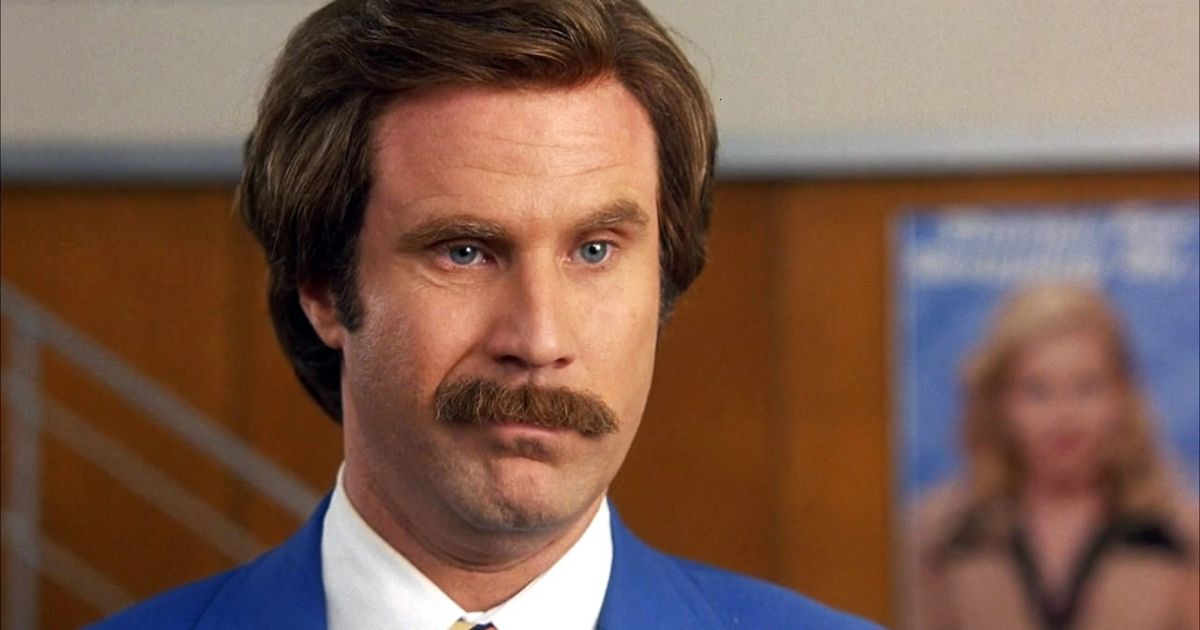
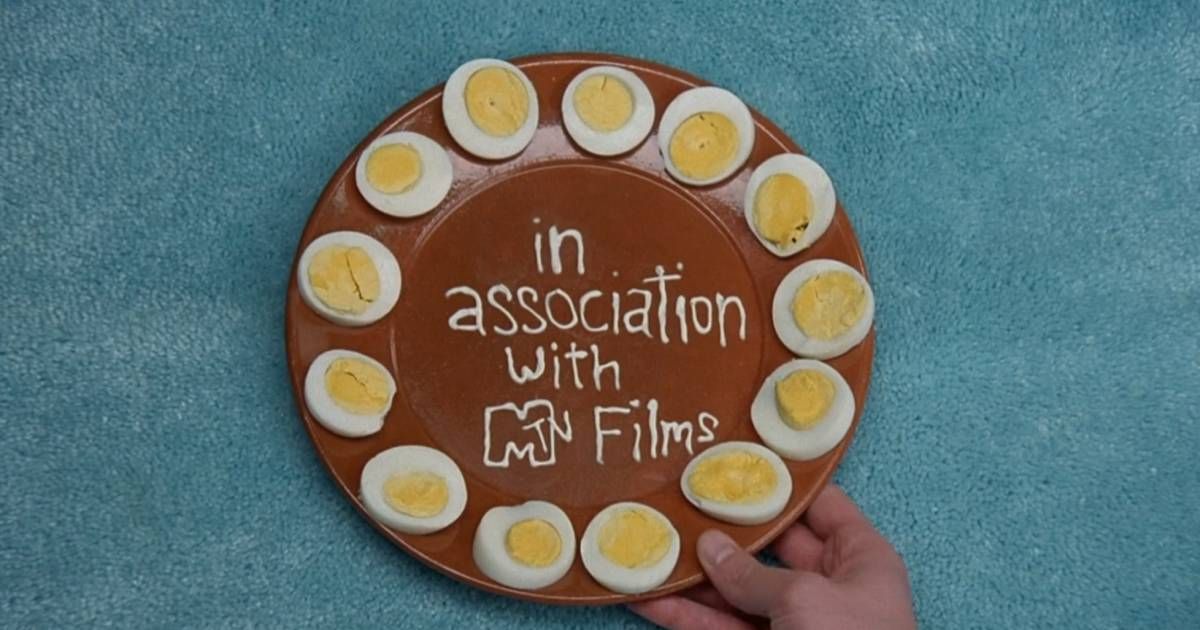
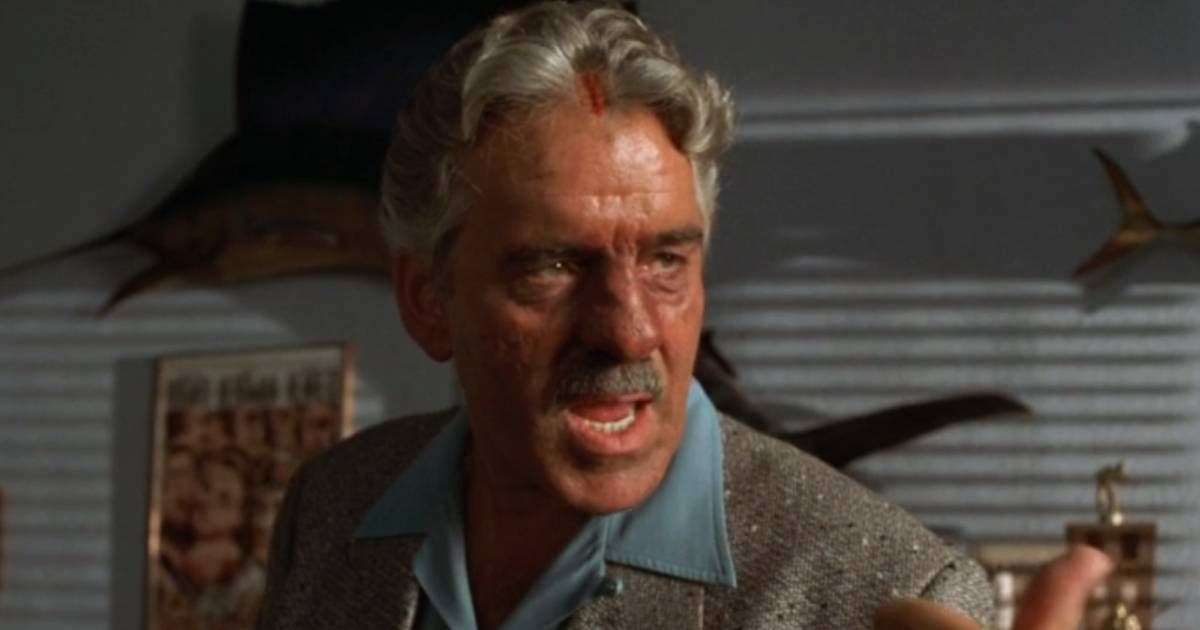
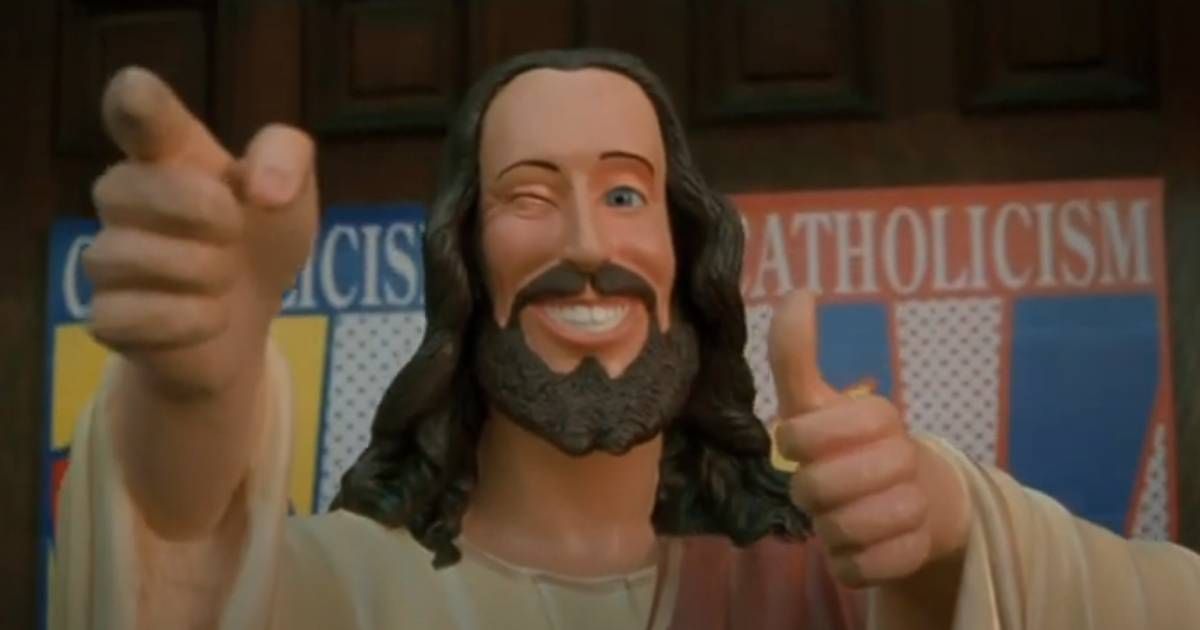
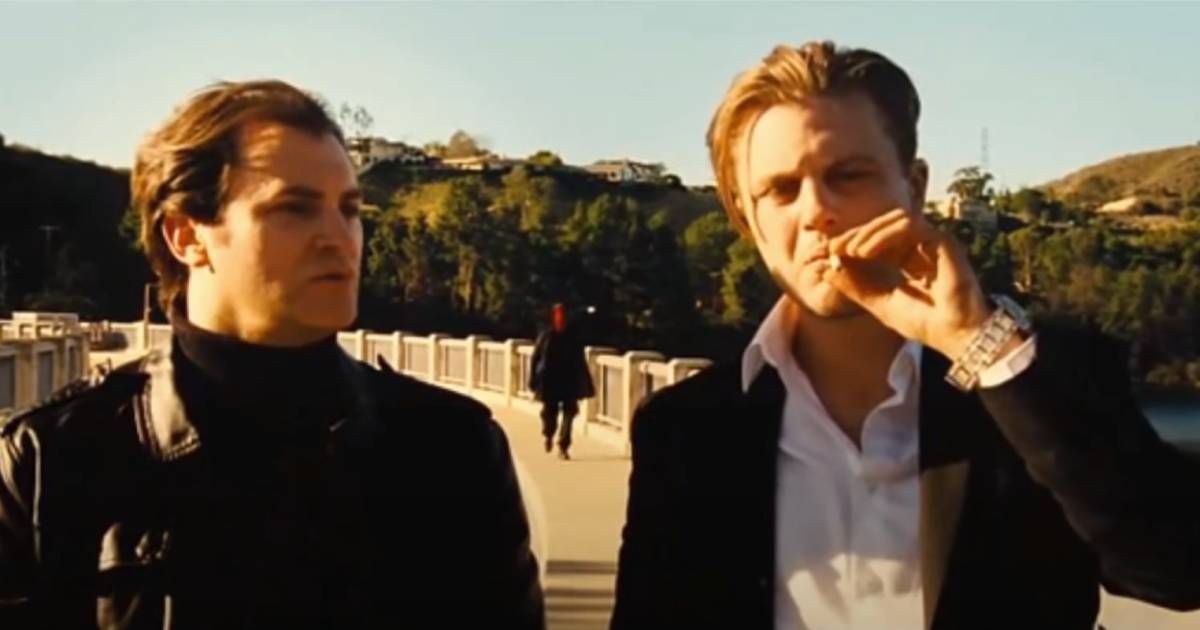
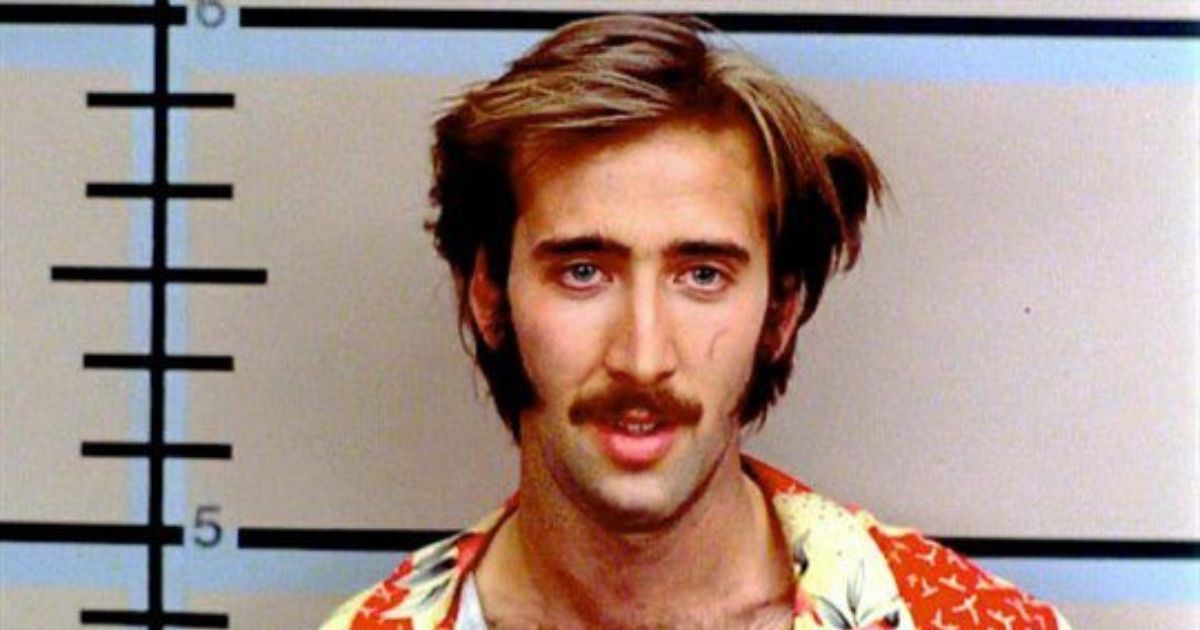
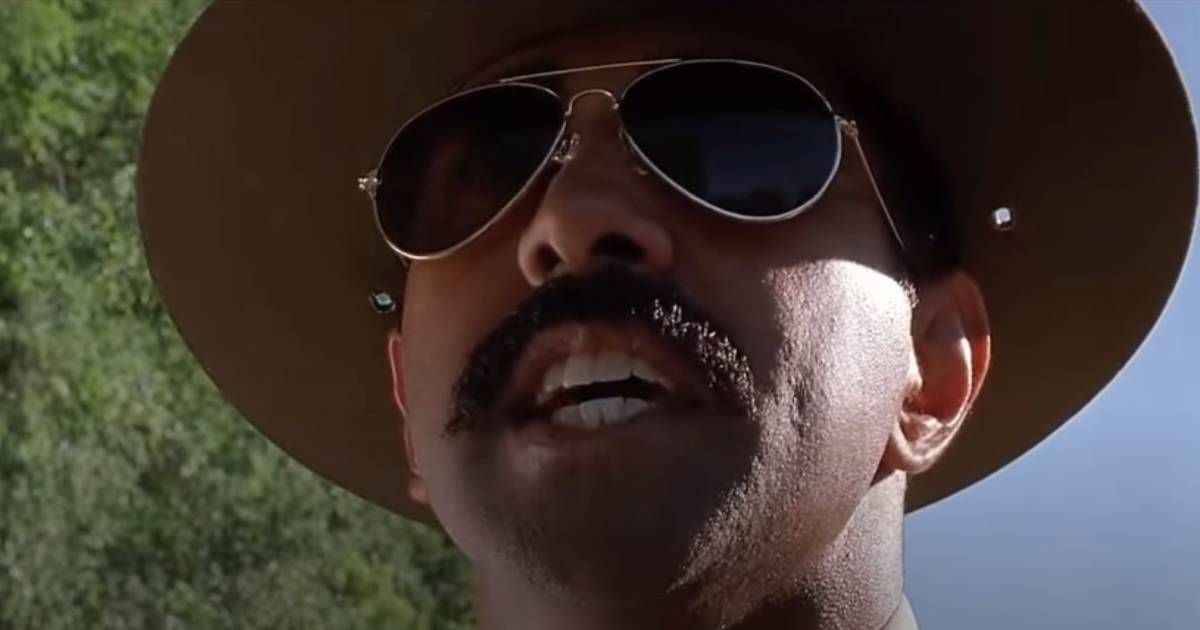

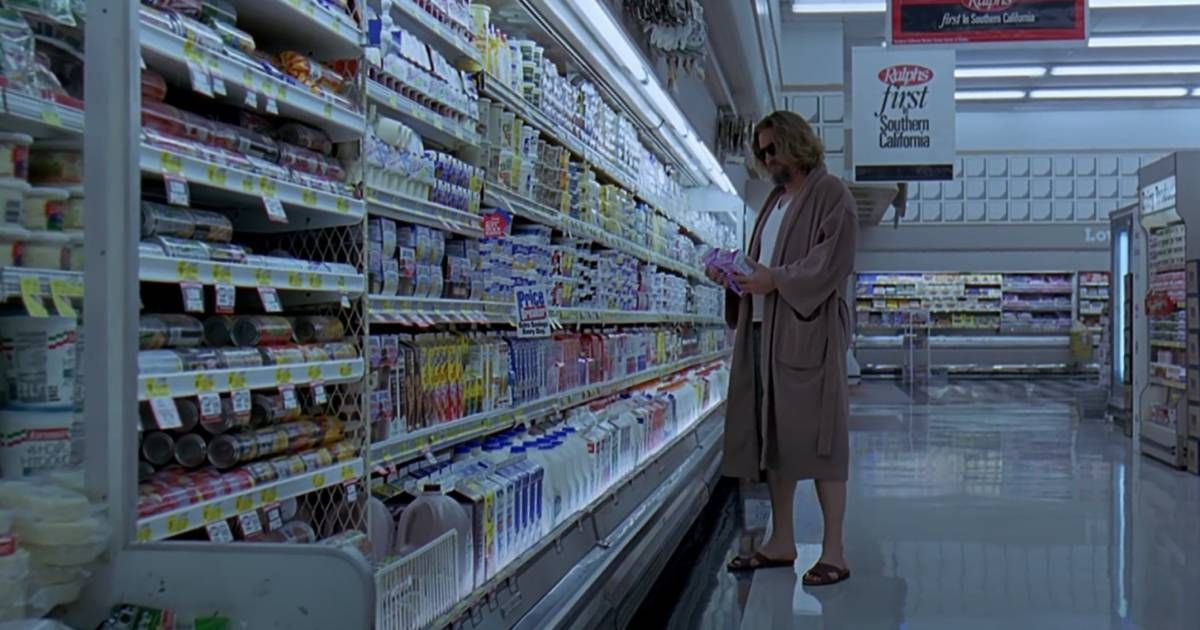
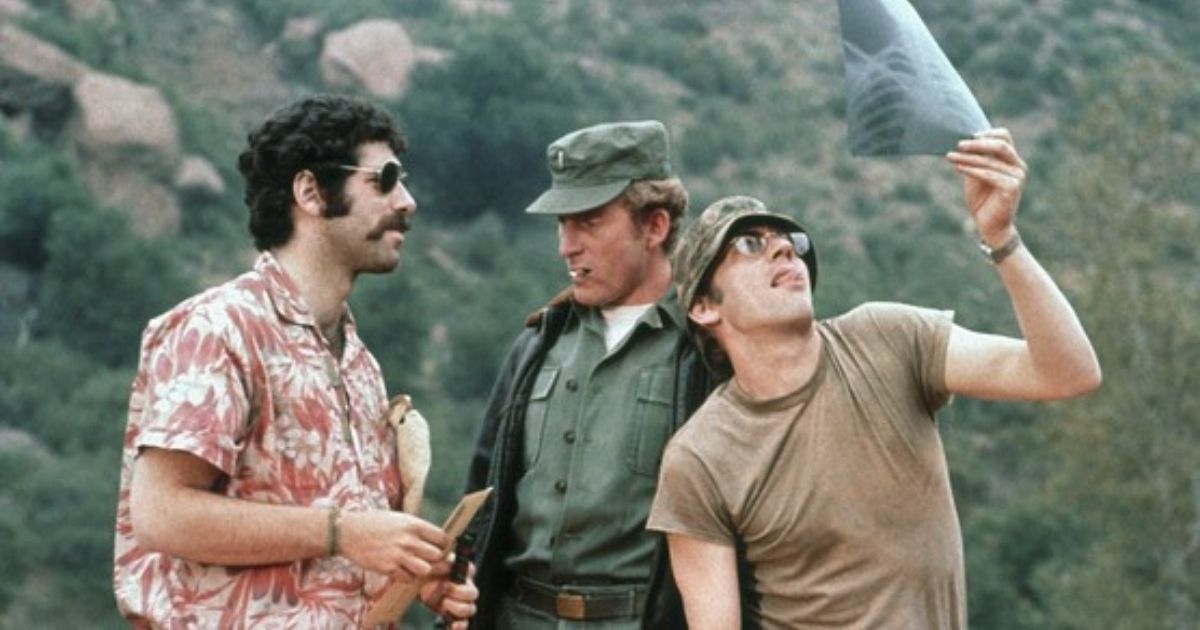
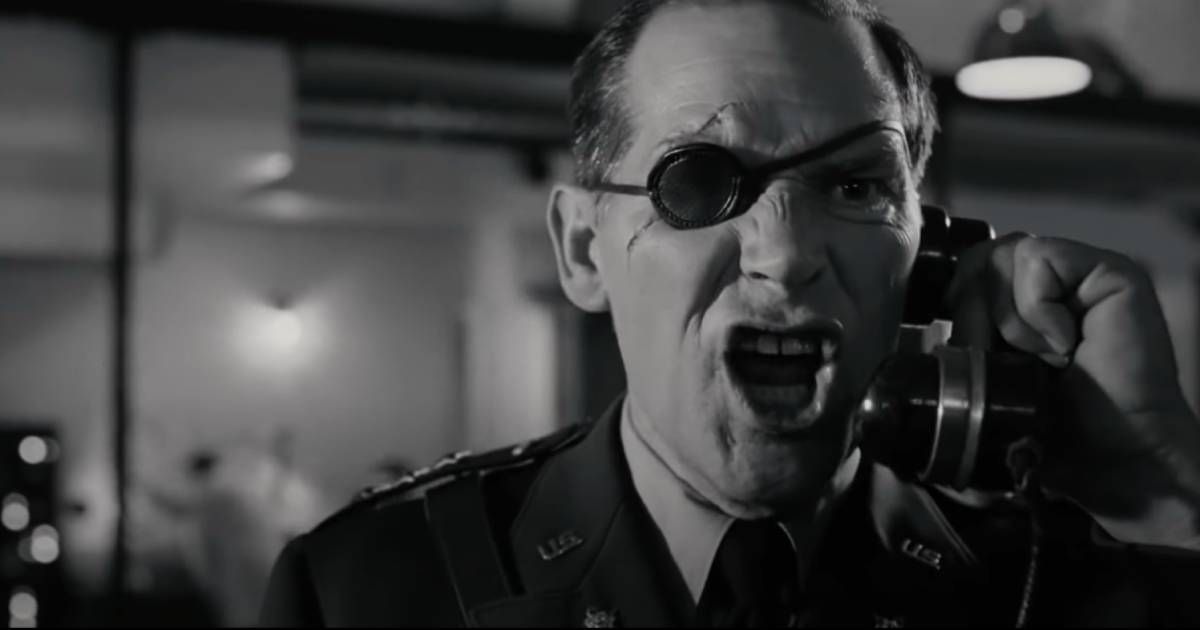
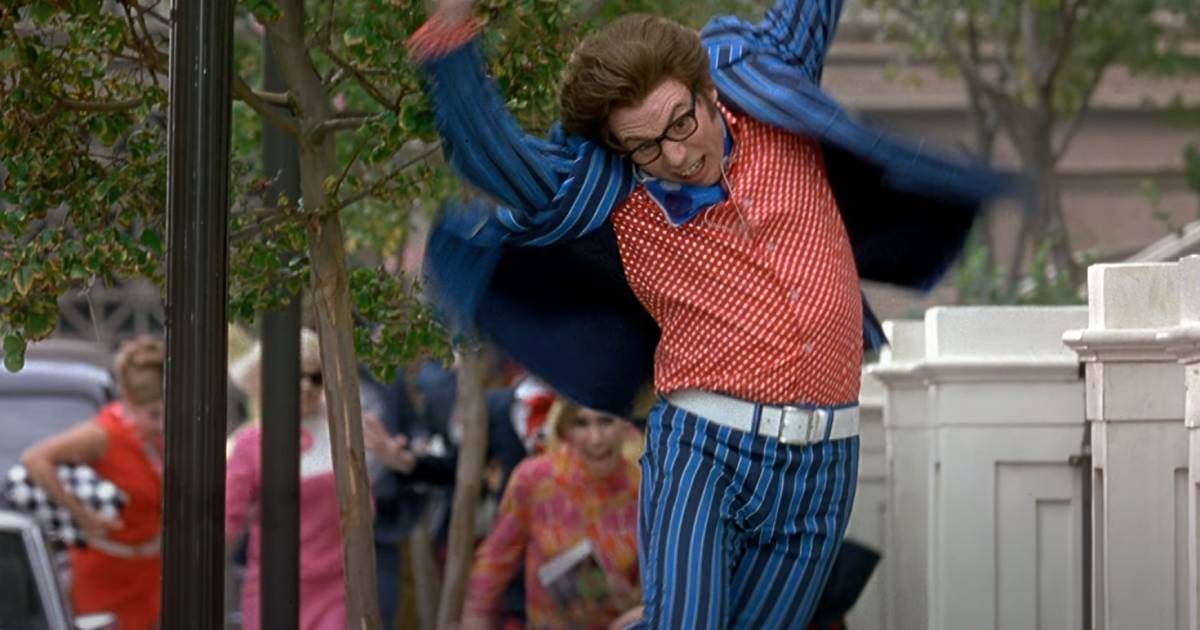
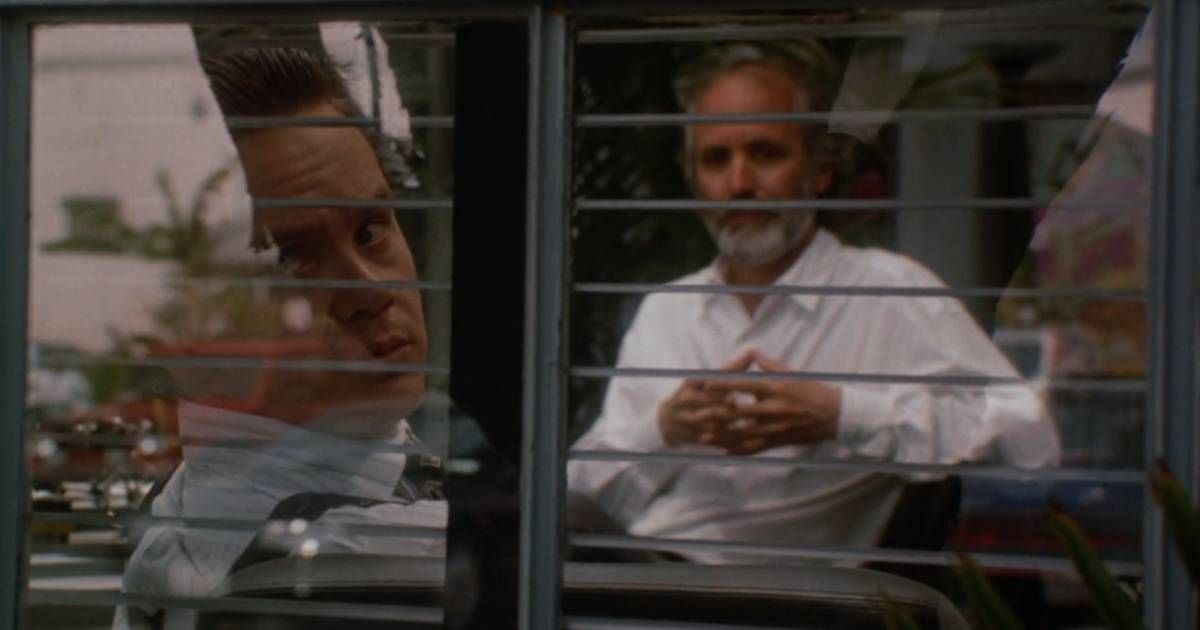
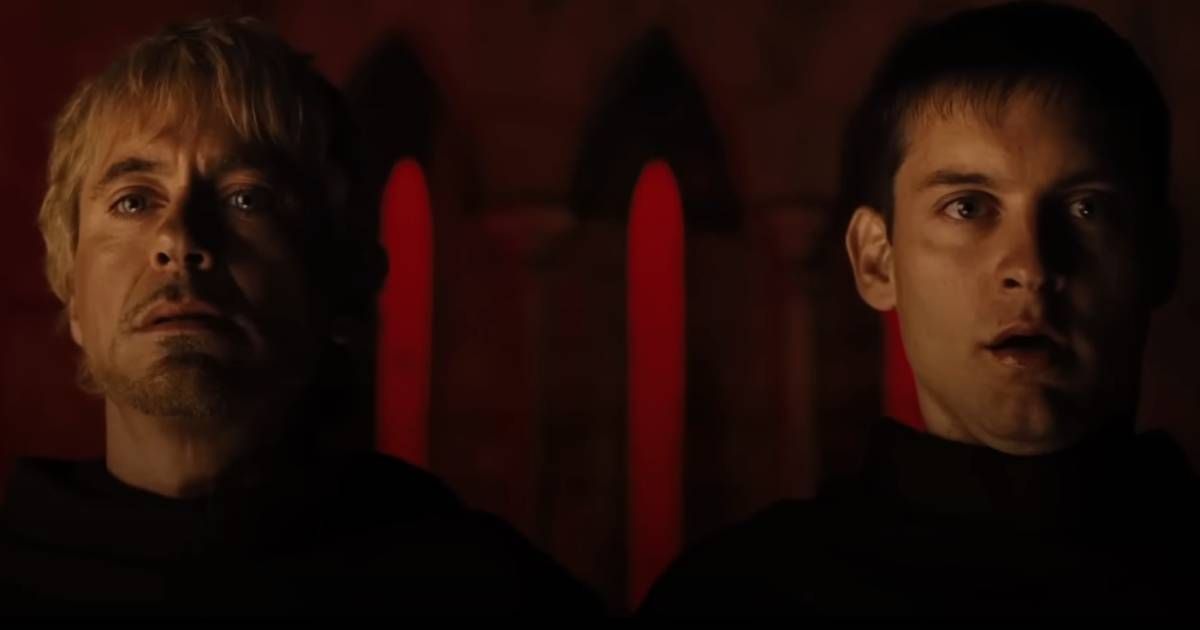















0 Response to "The 15 Funniest Opening Scenes in Hollywood Comedies - MovieWeb"
Post a Comment